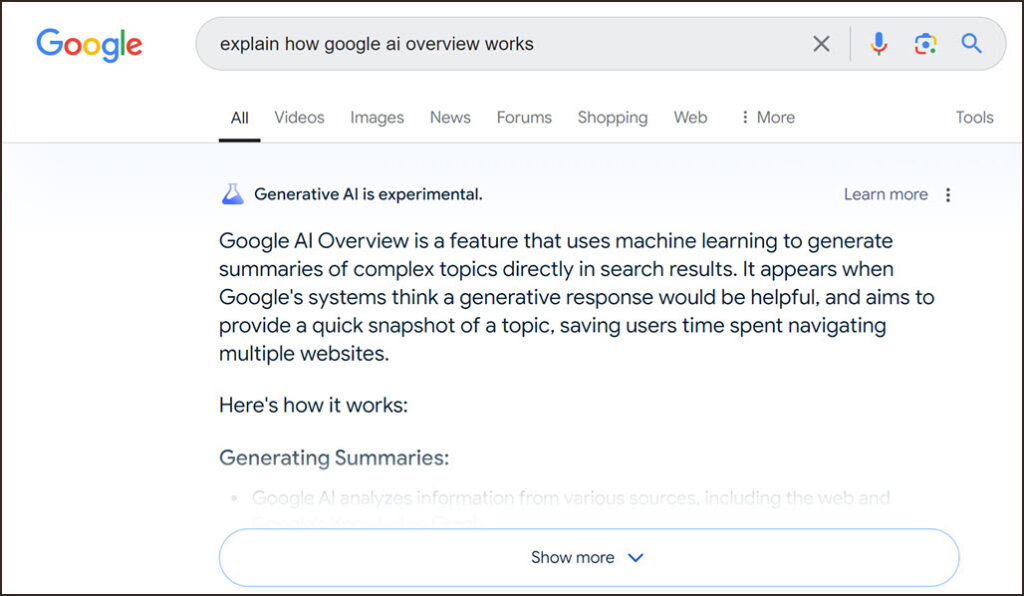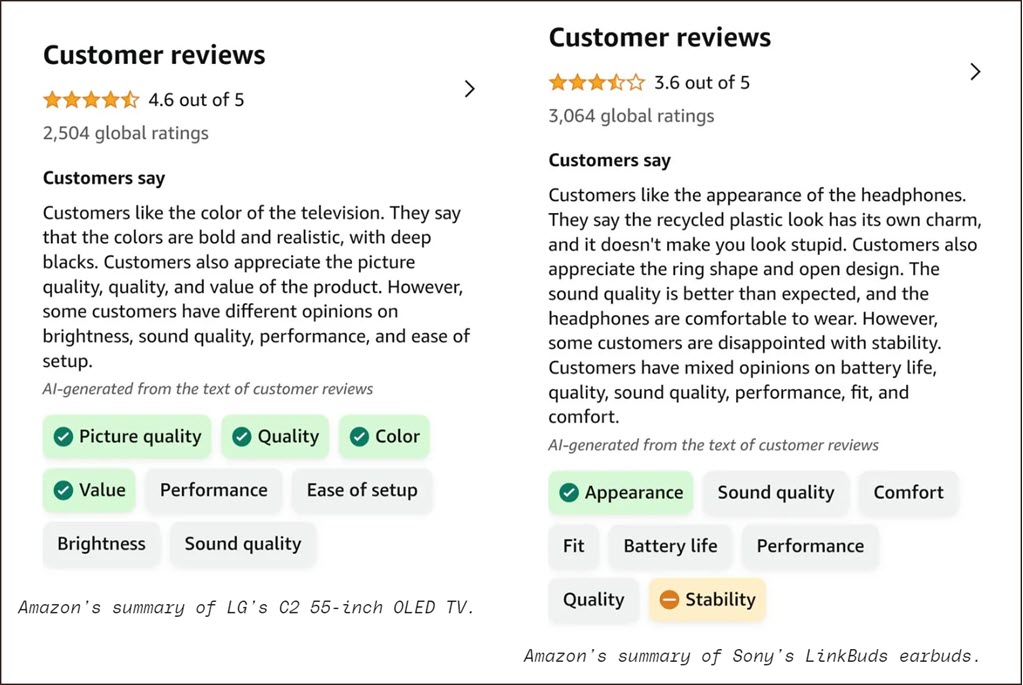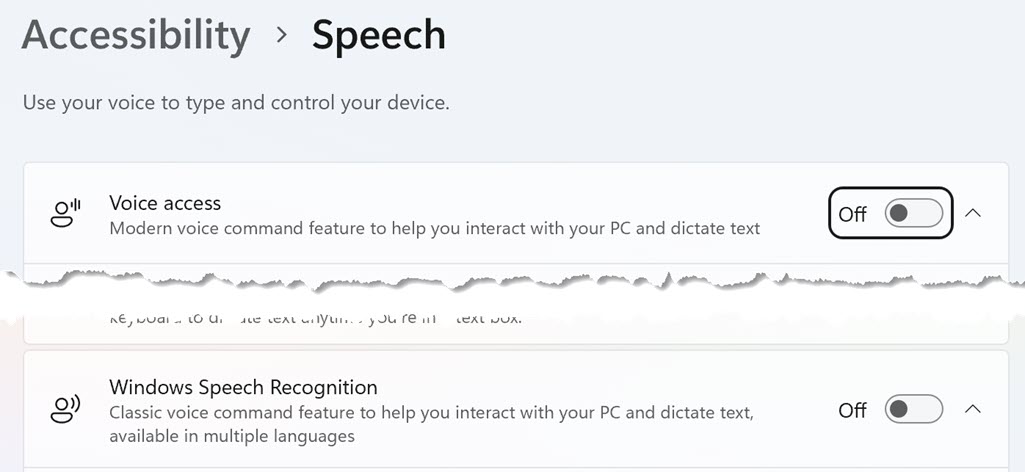
AI arrived so quickly! You can be forgiven for not knowing how to interpret what’s going on in the tech industry.
In 2024, AI combines massive investments with unrealistic hype. It appears to be a bubble with no practical applications, like pet rocks, Tamagotchis, and cryptocurrency.
At exactly the same time, AI is improving your life every day and it has the potential to change the world.
Let’s talk about that. We’ll start with the financial side of the bubble, as well as a quick look at how AI is already part of your life. In the next article I’ll tell you about important uses of AI technology that are beginning to show results.
Financing the AI buildout
The five big tech firms – Alphabet (Google), Amazon, Apple, Meta, and Microsoft – are budgeting a staggering $400 billion in 2024 for capital expenditures related to AI, mostly on hardware and infrastructure as well as research and development.
Four hundred billion dollars spent on AI in one year! Microsoft announced last week that it spent $19 billion just on AI equipment in the most recent quarter. The tech industry has grown by leaps and bounds in the last three decades but there has never been anything like this explosive level of investment.
Financial analysts get irritable when investments do not pay off immediately. They have trouble with long term plans. AI investments have not yet produced revenue growth and what the hell, they say, it’s been more than a year, where’s the money?
So we shouldn’t be surprised that hedge fund Elliott Management raised eyebrows when it told clients that AI-related tech stocks are in “bubble land.” A partner at Sequoia Capital did lots of math and concluded that we are witnessing the growth of a financial bubble. A Forbes article says the investment in AI might never pay off unless we get a “killer app” soon. The Wall Street Journal says “blowout capital spending won’t hearten investors.”
From their perspective, they might be right! There are no profits in sight in the next couple of years directly attributable to AI.
We’ll see a couple of reasons that the whole story is far more nuanced.
Consumers and the AI bubble: the perception and the nuance
Consumers are losing interest in AI now that the novelty has worn off. A lot of people tried ChatGPT once or twice and never returned. Relatively few people are paying monthly subscription fees for access to the latest AI from Google, Microsoft, or OpenAI.
But that’s misleading. We’re not paying for it but we’re already relying on AI as a matter of course. We don’t notice it because it’s being used to make familiar things work better.
Google in particular is building AI into many of its products without calling attention to it. We use them, the changes become familiar, and without realizing it we are living in the AI future.
Apple will build AI deep into the next generation of iPhone, iPad, and Mac this fall when it introduces “Apple Intelligence,” which is a seriously brilliant name – you see the acronym, right?
Here are a few apps and services that are already improving because AI is doing some of the work.

Google search results Google is frequently showing an AI generated overview at the top of search results. There is no shortage of complaints about inaccuracies in those results because, hello, this is 2024 and complaining online is a global hobby. Maybe your first instinct is to avert your eyes because Google is evil and AI hallucinates.
And yet you’re going to peek as it becomes more familiar. At some point you might find that the overview is enough of an answer to stop there, or at least a way to get oriented.
I’m already starting to rely on the AI overviews. Darned helpful sometimes. Is it possible that the online complaints are – gasp! – exaggerated? Or already becoming outdated?
Fuzzy searches We’re changing the way we search with Google.
At one time Google didn’t answer questions. It only provided links to other websites and literally nothing more.
Almost ten years ago Google began to provide answers to natural language questions, eliminating the need to go to a website to find the height of the Eiffel Tower or ten nearby Italian restaurants. We adjusted the way we typed queries into Google’s seach box without realizing it to take advantage of that.
AI can interpret almost anything we care to type into that search box. We don’t have to give our phrasing a second thought, we don’t have to think through whether our question is reasonable. We’ll still get decent results if that’s remotely possible.
That’s the power of AI – and it will largely be invisible. At all times we’ll say, d’oh, of course that’s what Google search does, without realizing how much it has changed.

Amazon reviews Keep your eyes open for AI generated summaries of customer reviews for Amazon products. It’s a more accurate overview than trying to guess whether a product is any good from the number of five star and one star reviews. Amazon seems to be tweaking and tuning, so AI summaries do not appear for every product – but I’m starting to use the AI overview when it appears.

Speech recognition Speech recognition on Google Pixel phones is startlingly good. It’s improving fast in general on Android phones. Apple will almost certainly catch up when it introduces Apple Intelligence this fall.
Microsoft has taken a big step forward with speech recognition in Windows 11 with “Voice Access.” Microsoft is also the best in the world at creating customer confusion, so Voice Access is available simultaneously with “Windows Speech Recognition,” which produces gibberish no matter what you say in the microphone. The above screenshot from Windows 11 Settings – oh, Microsoft.
The improvements in voice recognition are happening because your voice is analyzed by AI.
Google Translate Translation is getting better with the help of AI. Not only are results improving for phrases and spoken words, but also AI got the credit for allowing Google to add 110 new languages to Google Translate a month ago, representing half a billion people around the world.
Image editing New features added to Adobe Photoshop or Google Photos will almost certainly be powered by AI – but again, we might not notice that AI is powering the improvements. We’ll remove unwanted objects or replace the sky or edit someone’s expression in a photo and it will seem natural. Behind the scenes the picture will have gone to the giant AI servers in the sky to do the work. Say thank you to the AI overlords occasionally.
The list goes on. Google Maps and Apple Maps are using AI to evaluate real-time traffic information and improve navigation. Facial recognition is becoming more reliable with the help of AI processing. Financial institutions are using AI to improve fraud detection. There is much more.
Broaden your understanding of AI. It’s far more than the chatbots shown off when ChatGPT was first introduced.
Those are all examples of apps and services you might use directly that are being infused with AI sweetness.
But that’s not all! In the next article I’ll tell you about a different kind of work being done with AI. We haven’t even touched on the things that will change the world.

Trackbacks and Pingbacks